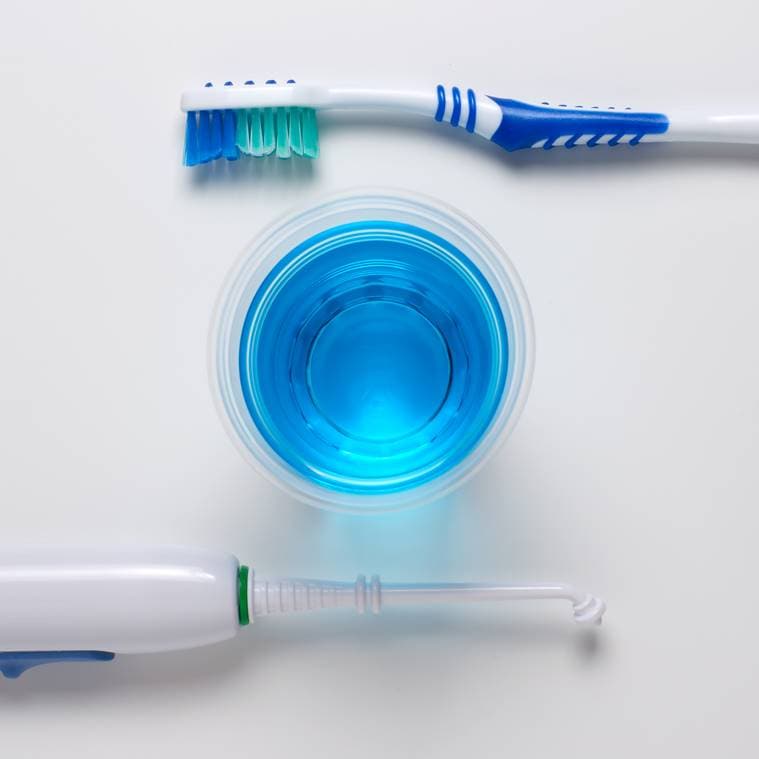The study observed that drug abuse patients who consulted dental professionals for major oral health problems stayed in treatment almost two times longer and had recorded 80 per cent increase in chances of completing the drug abuse treatment.

Maintaining good oral health not only helps patients of drug abuse recover physically, but also helps improve their quality of life, a new study suggests.
The study shows that drug abuse patients, who consulted dental professionals for major oral health problems, stayed in treatment almost two times longer and had recorded 80 per cent increase in chances of completing the drug abuse treatment.
“There is a powerful synergy between oral health care and substance use disorder,” said Glen Hanson, the study’s first author and professor at University of Utah Health.
Also Read: Your addiction to drugs may cause tooth decay
Based on the global burden of disease study, 12 million life years are lost due to early death or disability resulting from drugs like opioids, cocaine, amphetamines and cannabis.
Published in The Journal of the American Dental Association, for the study, researchers joined two substance use clinics in Utah, US – Odyssey House and First Step House – to develop the FLOSS (Facilitating a Lifetime of Oral Health Sustainability for Substance Use Disorder Patients and Families) programme.
The researchers compared the responses by FLOSS participants to those in the controls group who did not receive the experimental treatment. First Step House allowed patients to self-select dental care (158 males in dental and 862 males in control), whereas Odyssey House identified participants with major oral health problems and then randomly assigned them to treatment or control (70 males and 58 females in dental and 97 males and 45 females in control).
“Those who received comprehensive dental care had a better quality of life, measured by substantial improvements in employment and drug abstinence as well as a dramatic decrease in homelessness,” Hanson said.
The study’s findings showed that after the complete dental care, FLOSS participants either self-selected or randomly selected, were more likely to continue and complete their substance use treatment programme.
The researchers stated that providing complete oral care as part of treating the patient is critical to reviving self-esteem and is the essential first step on the long path to recovery from drug abuse.
“The experience is life-changing not only for patients but also dental service providers like dental students who now know how their work can dramatically alter their patients’ lives,” noted Hanson.

“I think if we do the same for patients experiencing other chronic health problems, like diabetes, we could see similar positive results for treatment outcomes,” he said.
Also Read: Poor dental health leads to frailty among elderly
A similar cross-sectional 2019 Iranian study, ‘Oral health status and its determinants among opiate dependents’ indicated that since opiate dependents had a poor oral health status in terms of the dentition status and periodontal health, oral healthcare should be integrated into the package of general health services available in treatment centers. A total of 217 patients (98 per cent men), with a mean age of 43.6 years participated in the study. Opium was the main drug of abuse reported by 70 per cent of the participants followed by crystalline heroin (22 per cent).
As per a 2012-study of ‘Oral health status of a group of illicit drug users in Delhi, India published in ResearchGate, ‘Oral hygiene practices of drug users were alarming with more than half of the subjects cleaning their teeth less than once a day as compared to 90 per cent of non-users cleaning their teeth at least once a day. Poor oral hygiene practices may be attributed to the lack of concern for overall personal hygiene, resulting from dependents’ preoccupation with drug procurement, consumption and withdrawal (DSM-IV criteria: Jaffe, 2000),’ the study noted.
Source: Read Full Article
